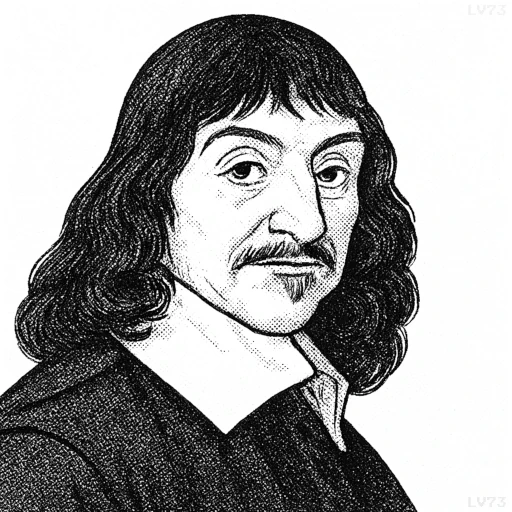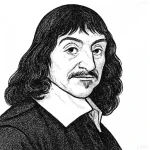“The first precept was never to accept a thing as true until I knew it as such without a single doubt.”

- March 31, 1596 – February 11, 1650
- French
- Philosopher, Mathematician, Scientist, Father of Modern Philosophy
table of contents
Quote
“The first precept was never to accept a thing as true until I knew it as such without a single doubt.”
Explanation
This quote expresses the first rule in Descartes’ method of inquiry: the necessity of radical doubt. Descartes insists that in the search for truth, one must withhold belief in anything that is not absolutely certain. If even the slightest doubt exists, the claim should be temporarily rejected until it can be confirmed with clear and distinct reasoning. This precept forms the foundation of his rationalist philosophy, where truth is built only on what the mind perceives with certainty.
In the 17th century, this approach marked a major shift from reliance on authority, tradition, or the senses—all of which Descartes saw as vulnerable to error. His method, introduced in Discourse on the Method and further developed in Meditations, sought to strip away all uncertain knowledge, leaving only what could withstand the strictest scrutiny. From this method, he arrived at the first undeniable truth: Cogito, ergo sum (“I think, therefore I am”).
Today, Descartes’ principle is a cornerstone of critical thinking and scientific skepticism. It underlies the process of rigorous questioning, evidence-based reasoning, and the refusal to accept claims without proof. Whether evaluating news, conducting research, or making ethical decisions, Descartes’ first precept reminds us that certainty must be earned, not assumed—and that the path to knowledge begins with the courage to doubt.
Would you like to share your impressions or related stories about this quote in the comments section?

